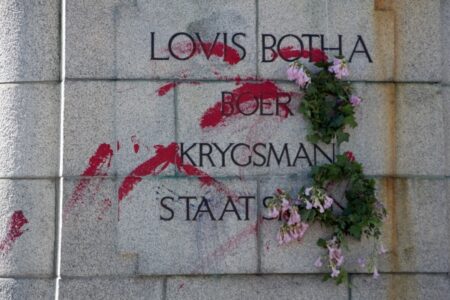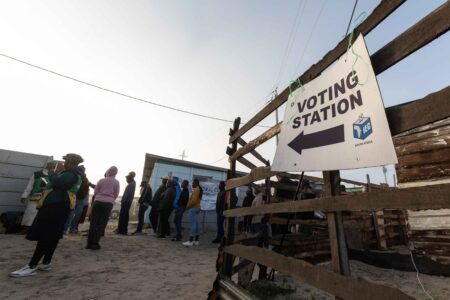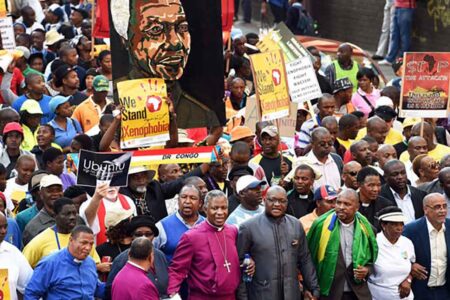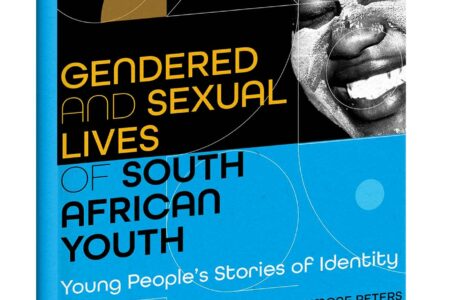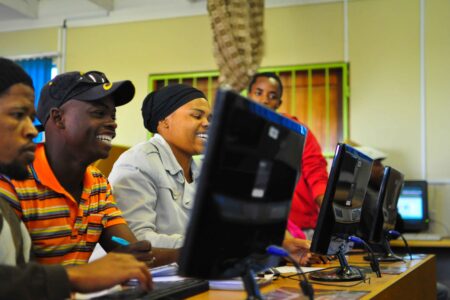Editor’s note
With South Africa’s seventh national and provincial elections behind us, the country is on a new political path. As with all elections since the late 1990s, the HSRC conducted a voter satisfaction survey on Election Day, which provided evidence that the Electoral Commission used in declaring the election free and fair. In our feature article, HSRC researchers discuss more survey findings, the history of the HSRC’s electoral survey series, and the importance of understanding electoral attitudes in the country.
Other articles examine filicide – when a parent or guardian murders a child, the behavioural and structural risk factors faced by pregnant teenage girls, the status of women in South Africa’s labour force, and how graduate entrepreneurs cite helping others as a significant motivation for starting their own businesses.
We also report back on a high-level forum, hosted in collaboration with Business Unity South Africa and the Department of Science and Innovation to deepen private sector engagement with South Africa’s innovation policy goals, incentive instruments and data.
Our book review page features two volumes, Transformative Leadership in African Contexts: Strategies for Social Change, and Poetic Inquiry for the Human and Social Sciences: Voices from the South and North.
The Review Team
Featured articles from the Review
The HSRC is committed to the dissemination of research-based information. One of the vehicles for this activity is its quarterly magazine, the HSRC Review, which contains accessible articles of recent research outputs, expert opinion and success stories of collaborative projects.
The HSRC Review assists the organisation in adhering to its mandate to serve the public purpose. It informs the making and monitoring of effective policy, helps to evaluate its implementation, and sparks public debate by disseminating research results.
The magazine is produced as an electronic version and distributed to about 2 000 subscribers. Readers include parliamentarians; directors and heads of government departments; funders and donors; development organisations; NGOs; the diplomatic community; national and international research institutions; and universities and schools.



